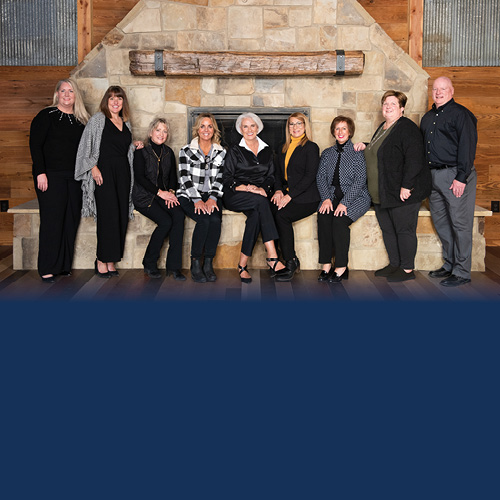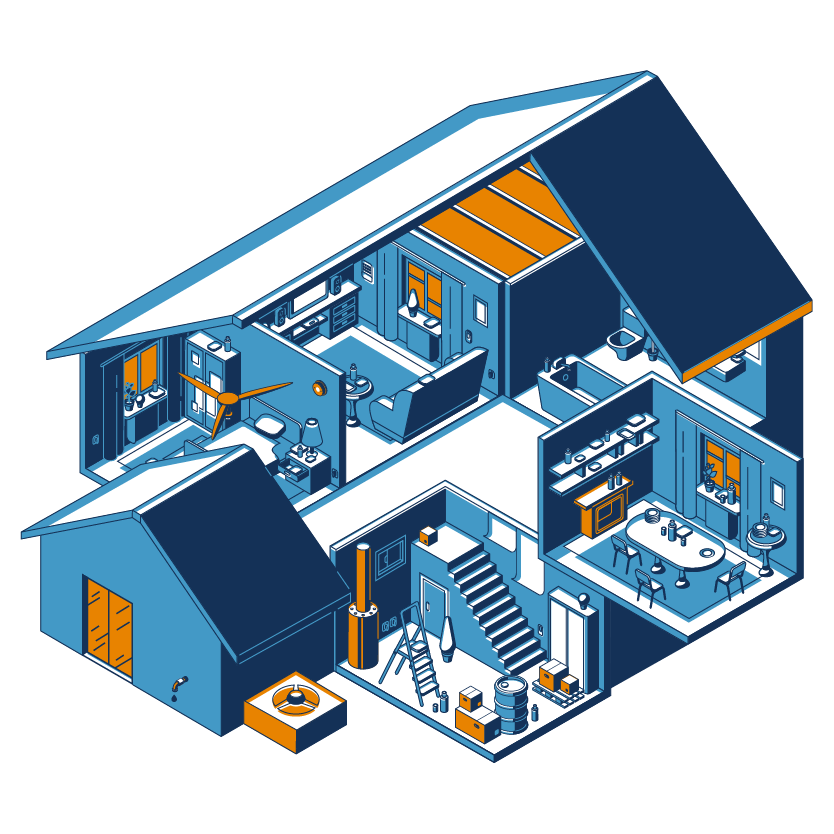If you’re putting off homebuying because you’re saving for a down payment, you should consider these financing options that require little or no money down. Depending on your situation, it may be better for you to buy a home and begin building equity rather than continuing to pay rent. There are many mortgage loan products to consider, including a conventional mortgage with or without private mortgage insurance (PMI), an FHA mortgage, or a 100 percent financed mortgage.
A Conventional Mortgage + PMI
One of the most common mortgage options is a conventional mortgage, often a 30-year term. With less than 20 percent down, you will pay PMI, but often that is not a bad idea. A conventional mortgage can be obtained with as little as three percent down. Keep in mind, the three percent down program does have income limits plus a few additional limitations. If you don’t meet requirements for the three percent down payment, you may need to provide a five percent down payment.
The way PMI is calculated has changed over the past several years. One big change is risk-based premiums, which means the amount of PMI you pay is based on your overall credit profile. PMI can be paid one of two ways: monthly or in a one-time premium. The one-time payment will require more funds to close on the loan but will reduce your monthly payments.
An FHA Mortgage
Obtaining an FHA mortgage is another way to purchase a home with only three and a half percent down. Often this option is best for those who have lower credit scores or have a limit on new credit, which may be causing the lower scores. PMI on an FHA mortgage will likely be higher, but the interest rate is often lower.
A Shorter Term Mortgage
A good way to avoid paying a down payment at all is to obtain 100 percent financing. If you are interested in 100 percent financing, you should ask about a Bankers Trust 15- or 20-year mortgage. These mortgages do not require a down payment or PMI; however, because they are amortized on a shorter term, they do require higher monthly payments compared to a conventional, 30-year mortgage.
One big advantage to shorter-term mortgages is that you pay less total interest over the course of your entire mortgage length. This is because, although your interest rate is comparable to that of a conventional mortgage interest rate, you have fewer total payments and fewer total interest charges.
If you are able to make higher monthly payments, a shorter-term mortgage may be your most financially efficient mortgage option.
In many parts of the country, homebuying is much more financially efficient than renting, and you don’t always need a 20 percent down payment. You should contact a mortgage loan originator who will review your complete credit profile along with your home buying goals to help you determine the best mortgage type for your individual situation.








 Equal Housing Lender. SBA Preferred Lender. NMLS #440379
Equal Housing Lender. SBA Preferred Lender. NMLS #440379